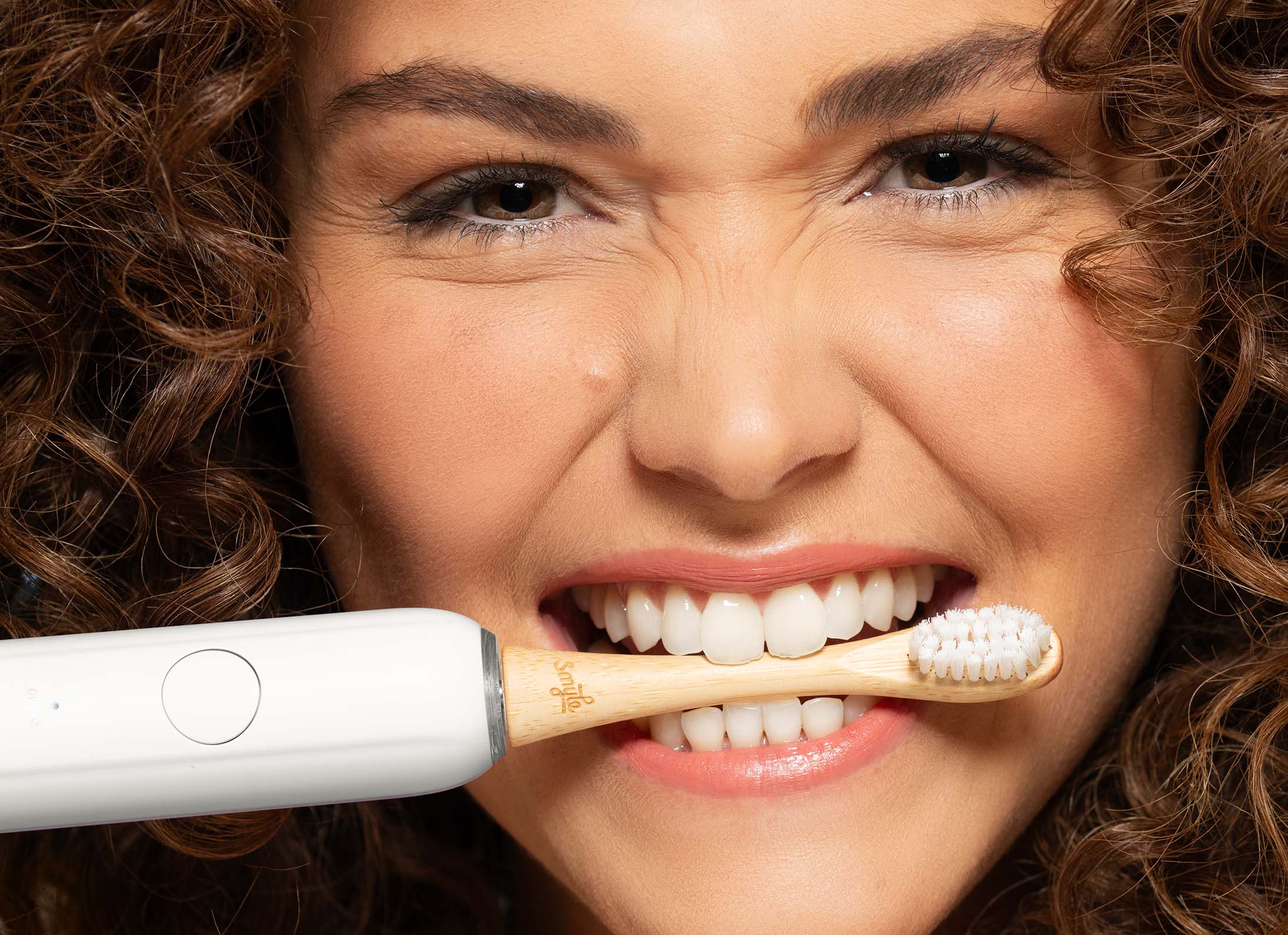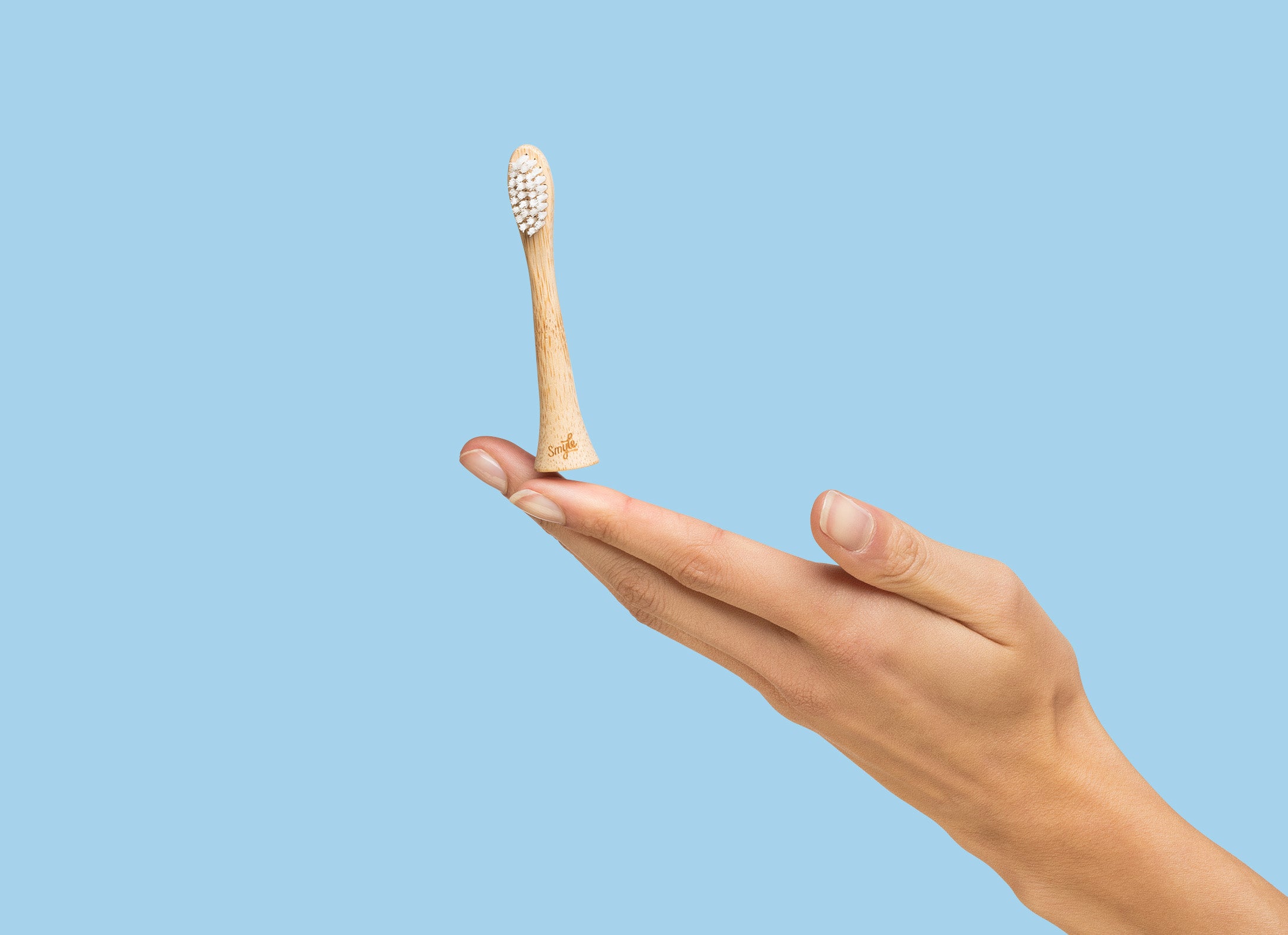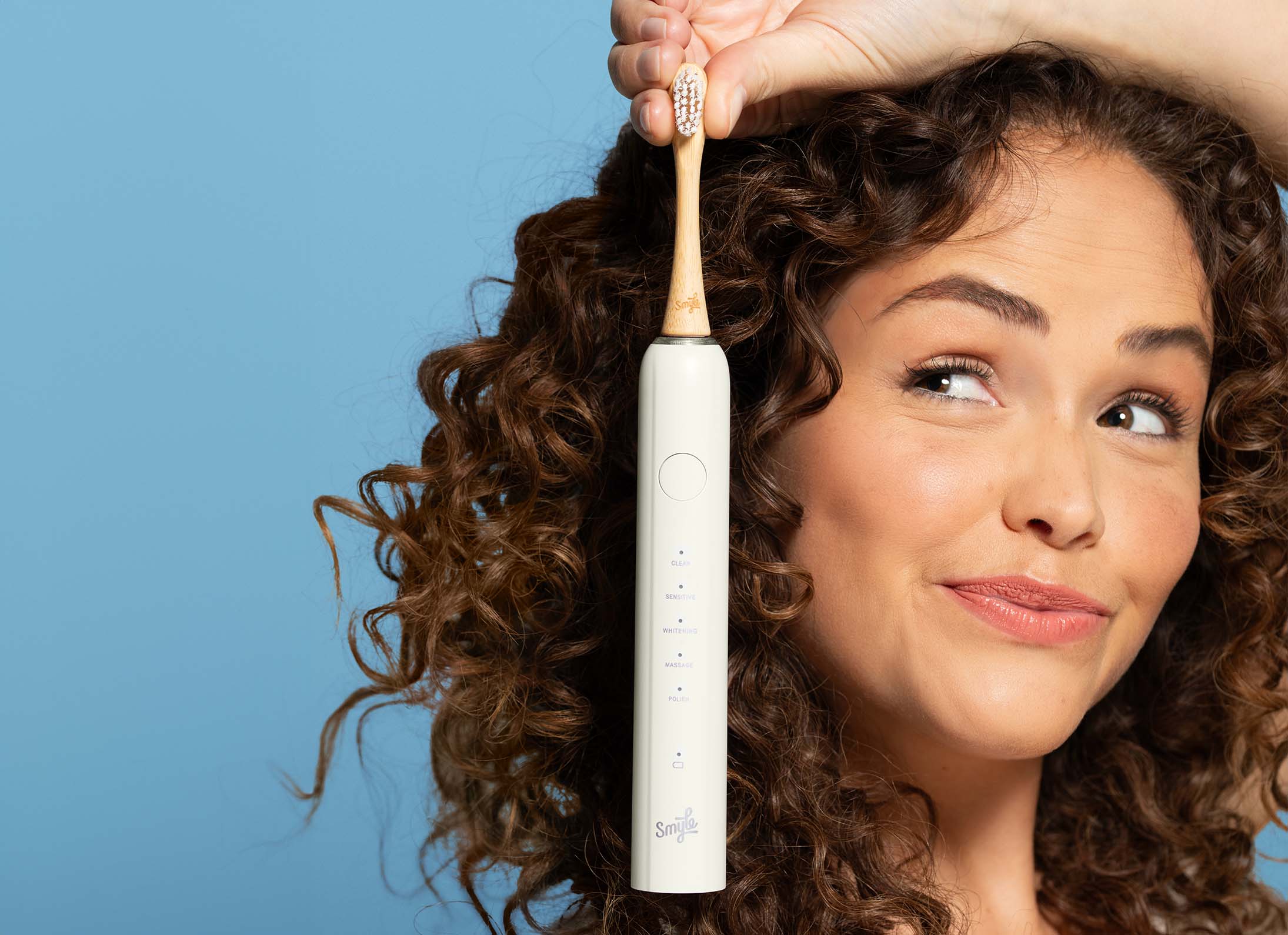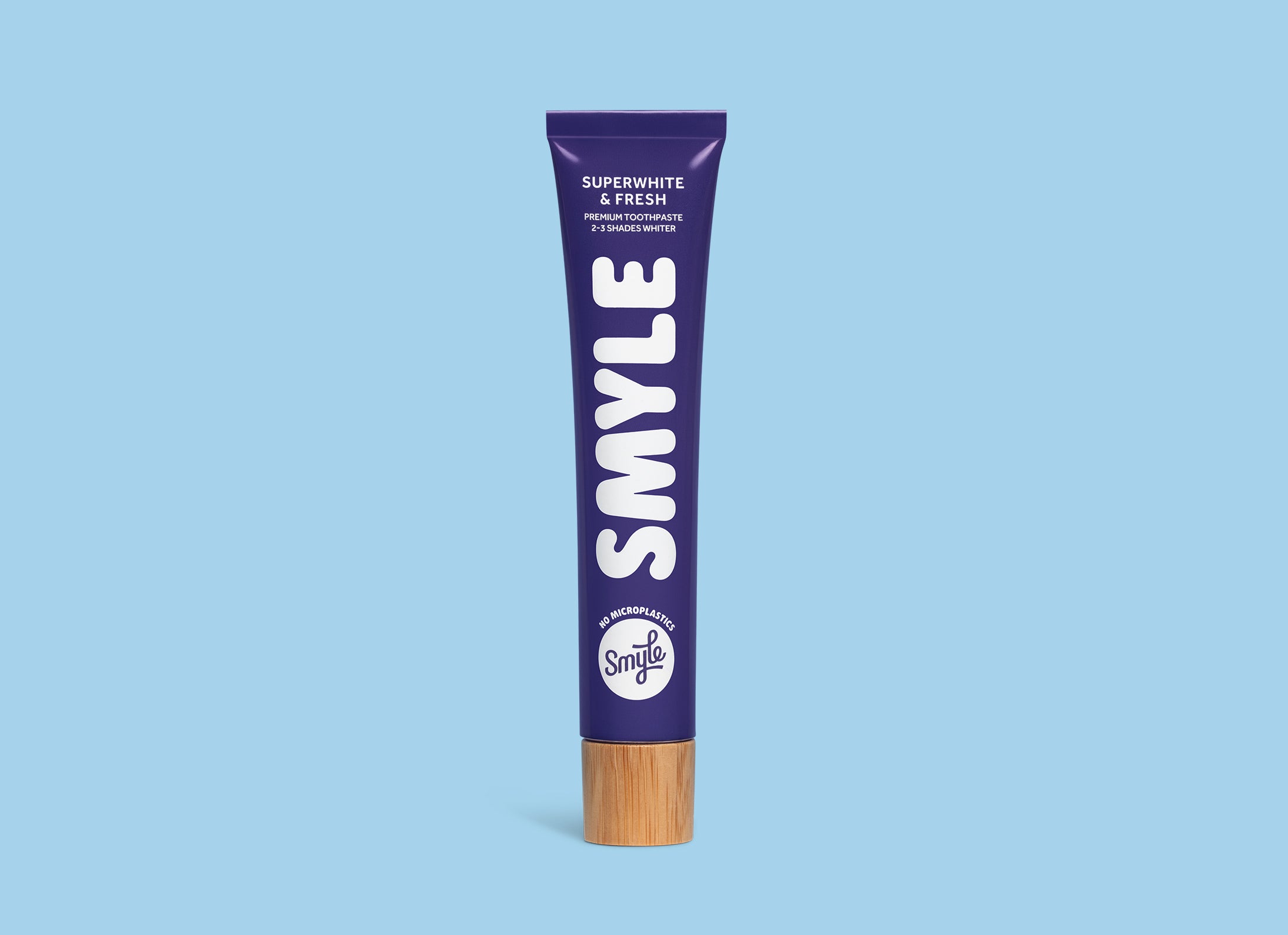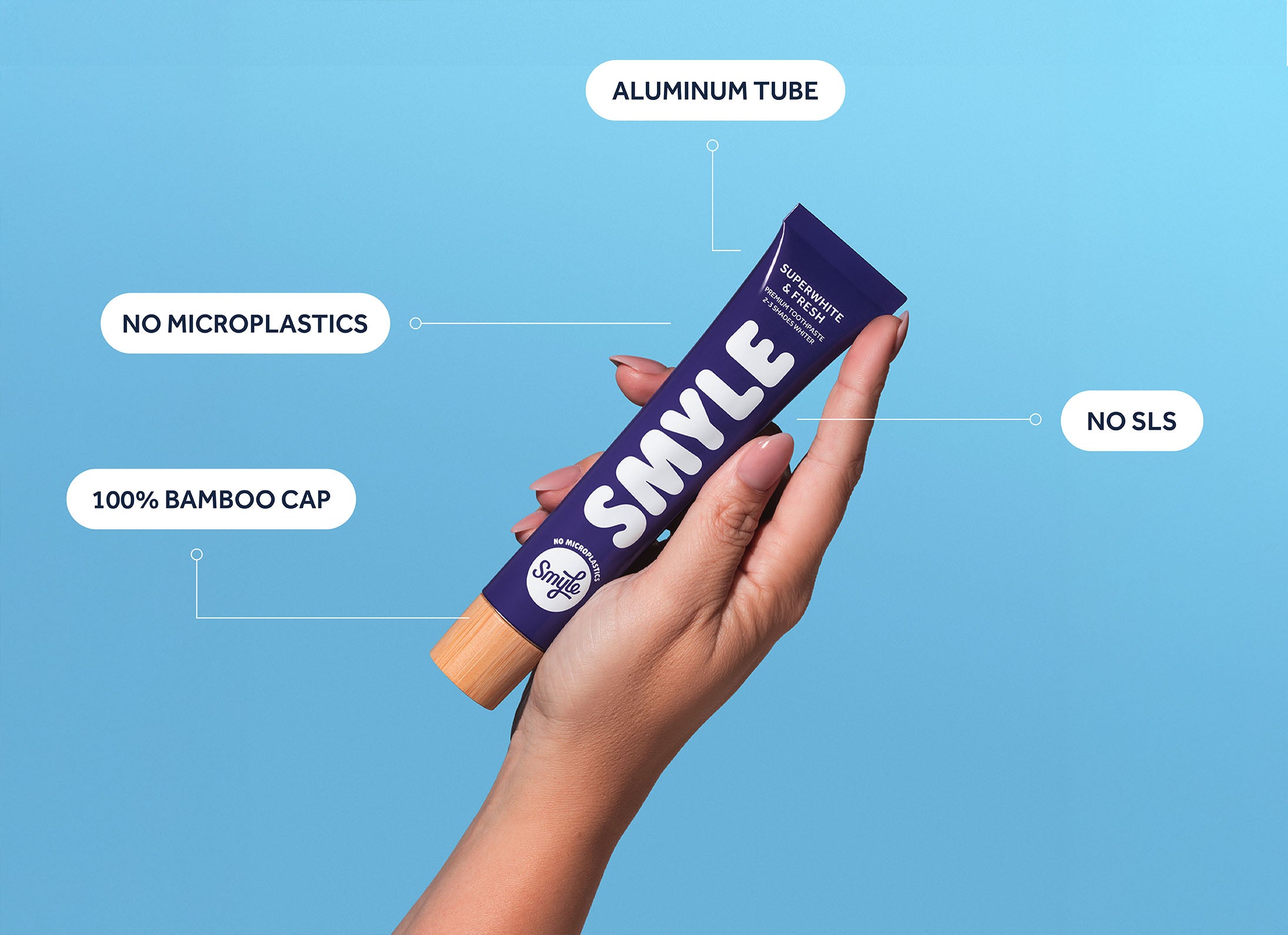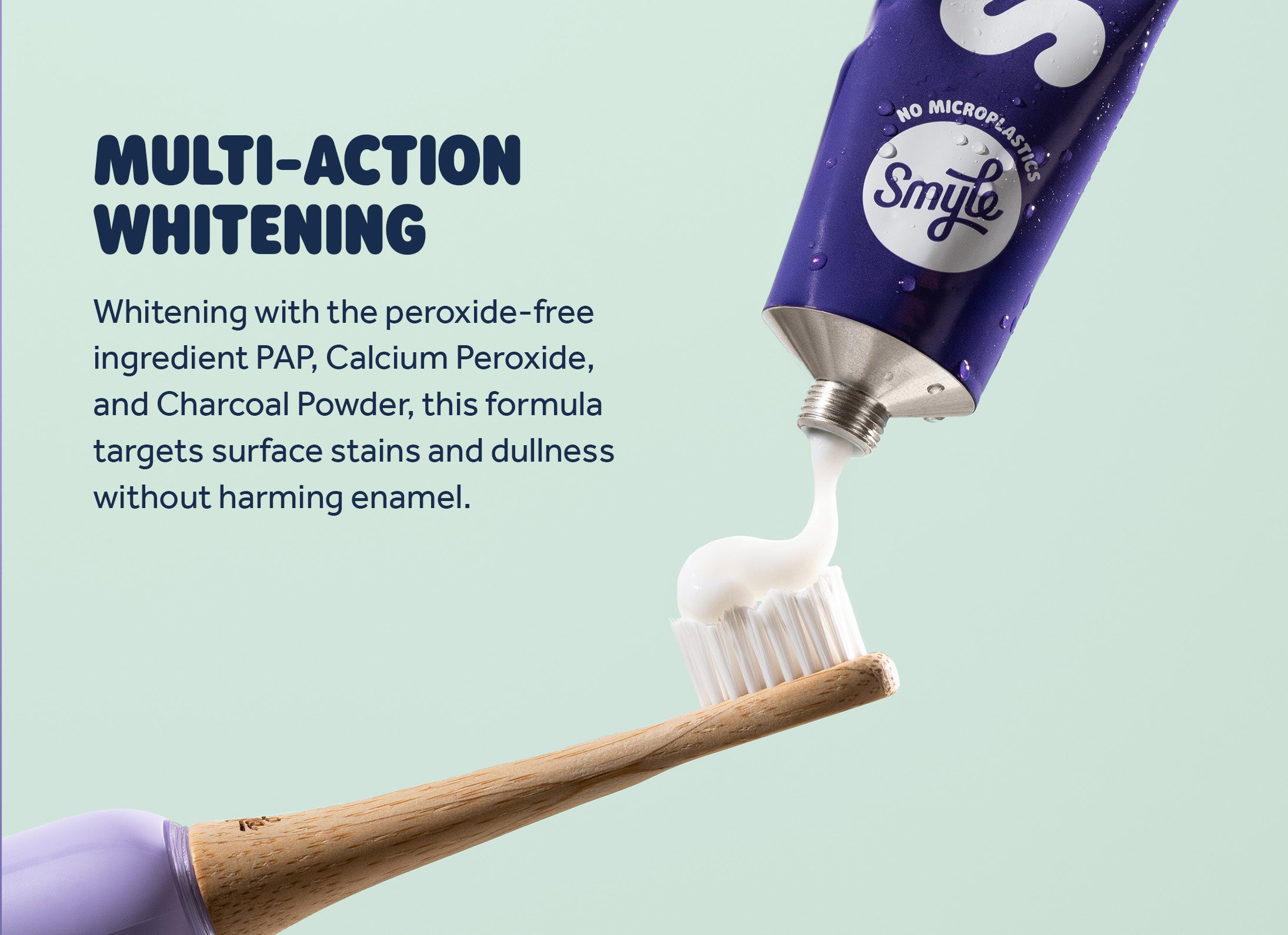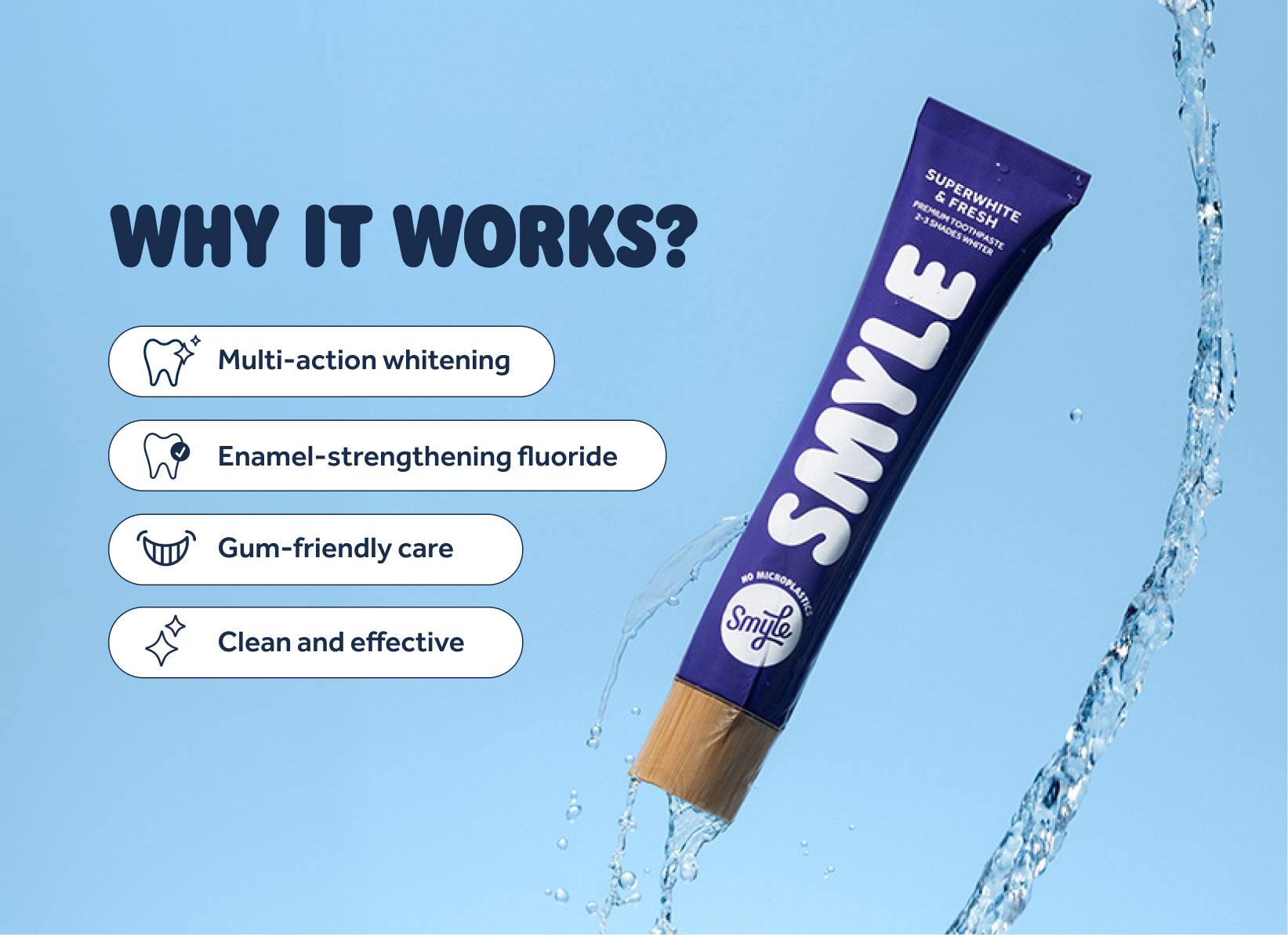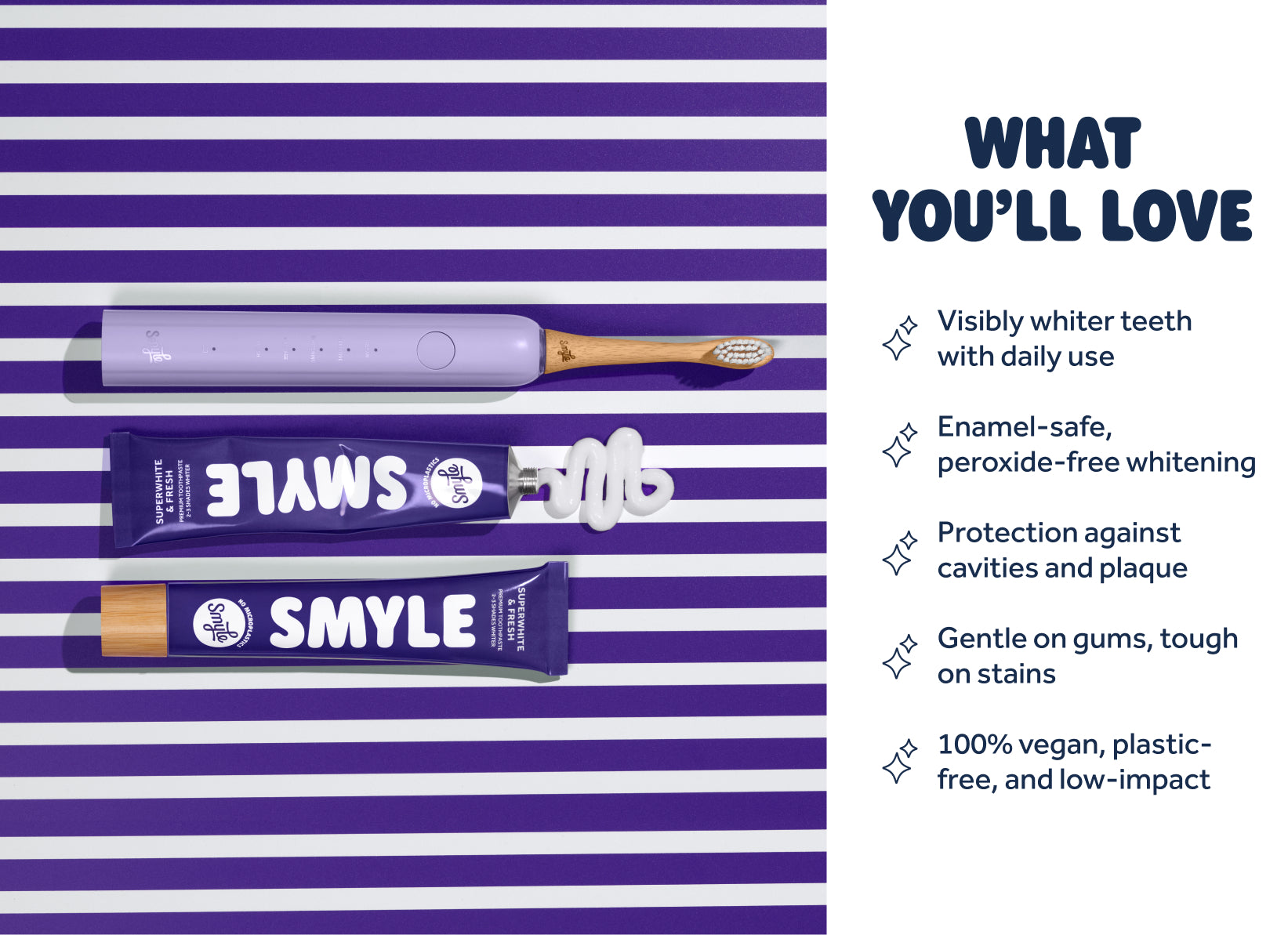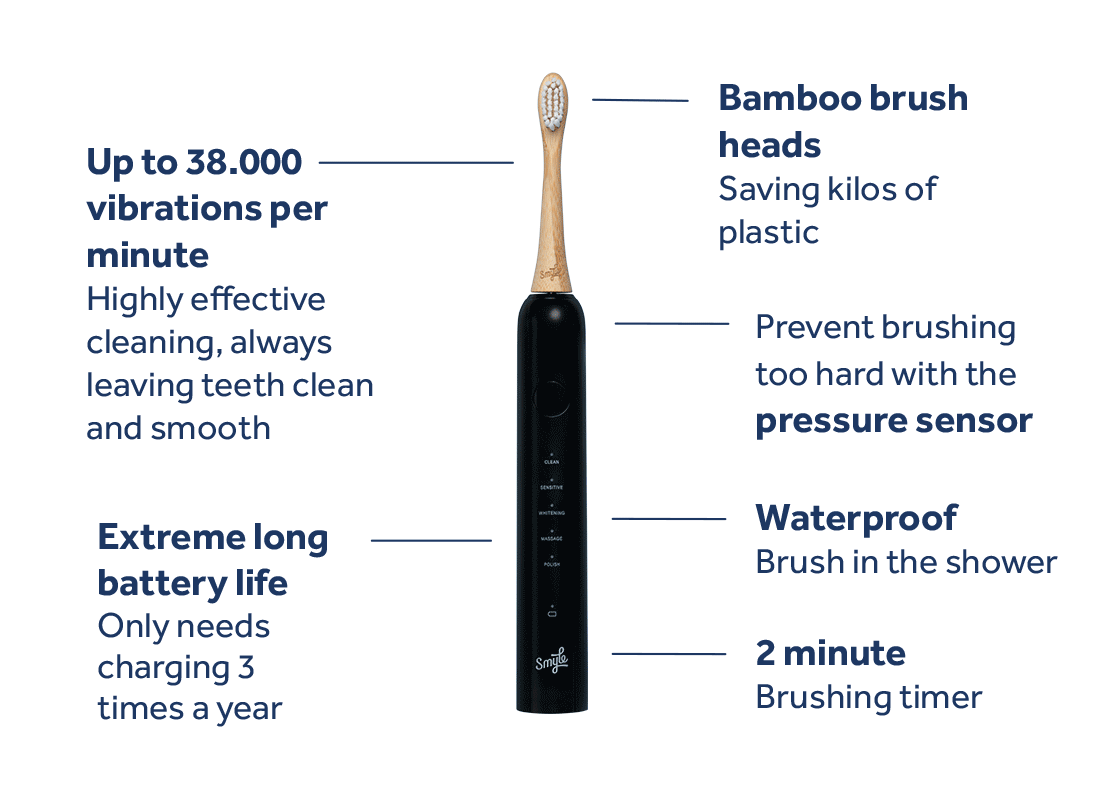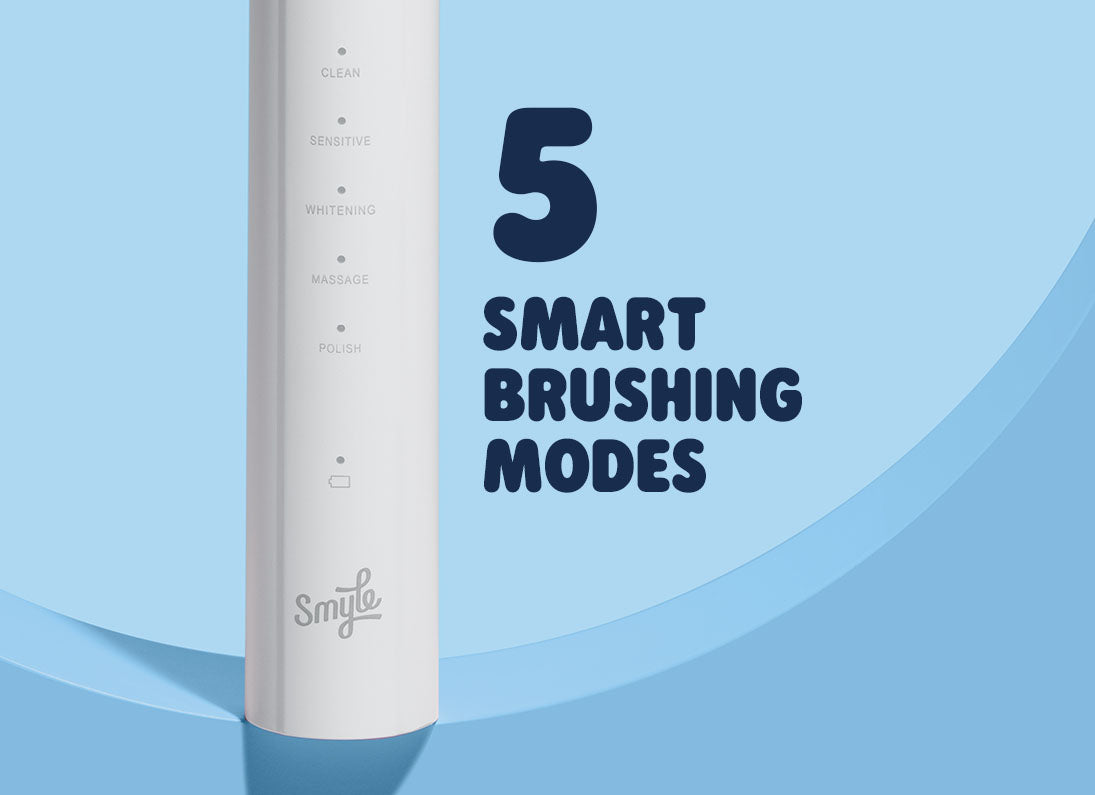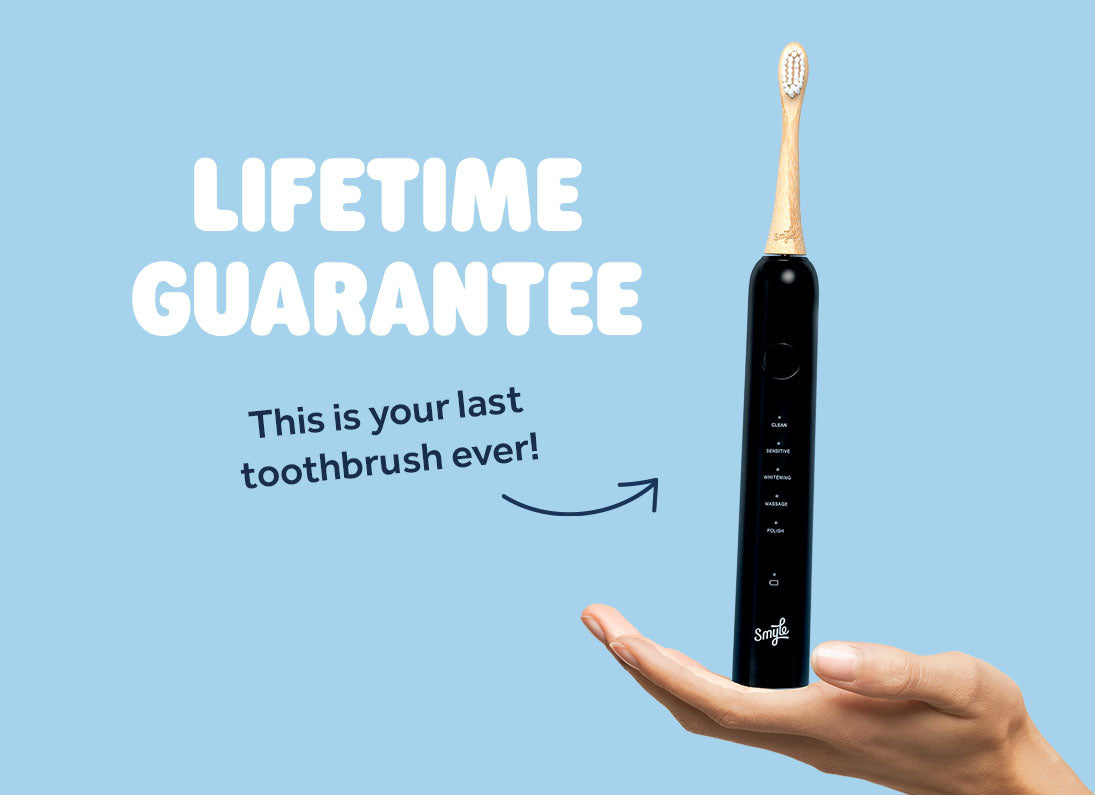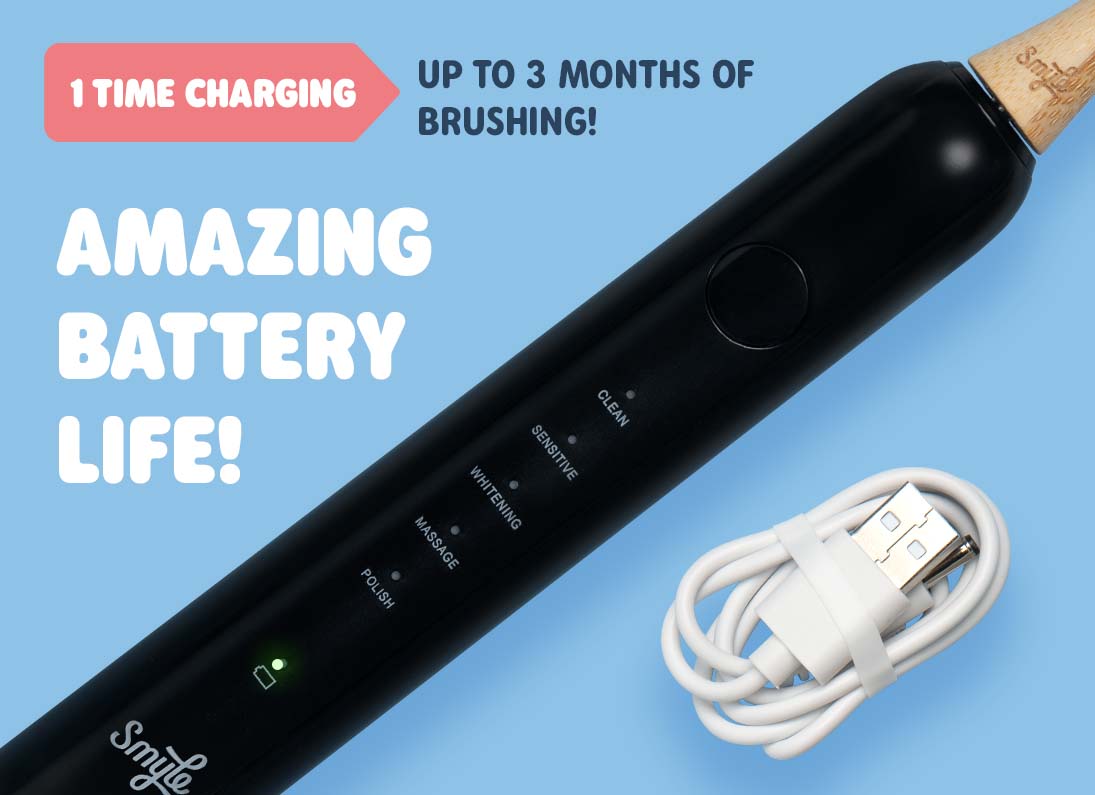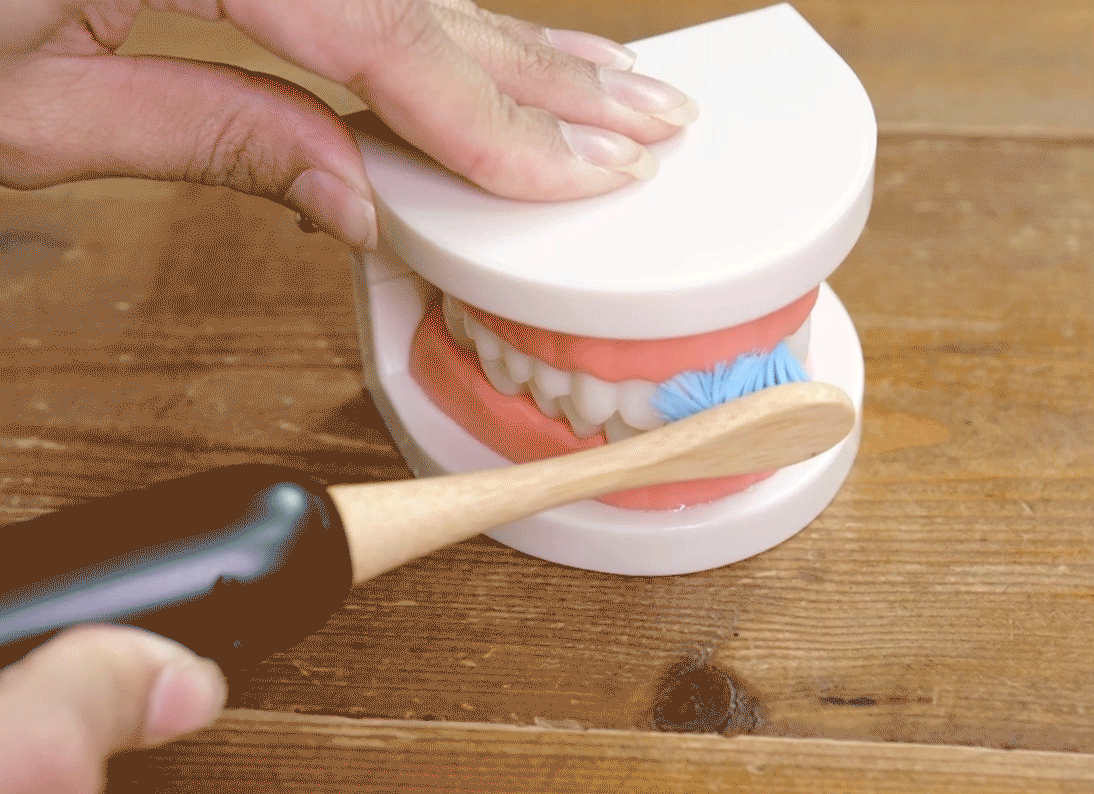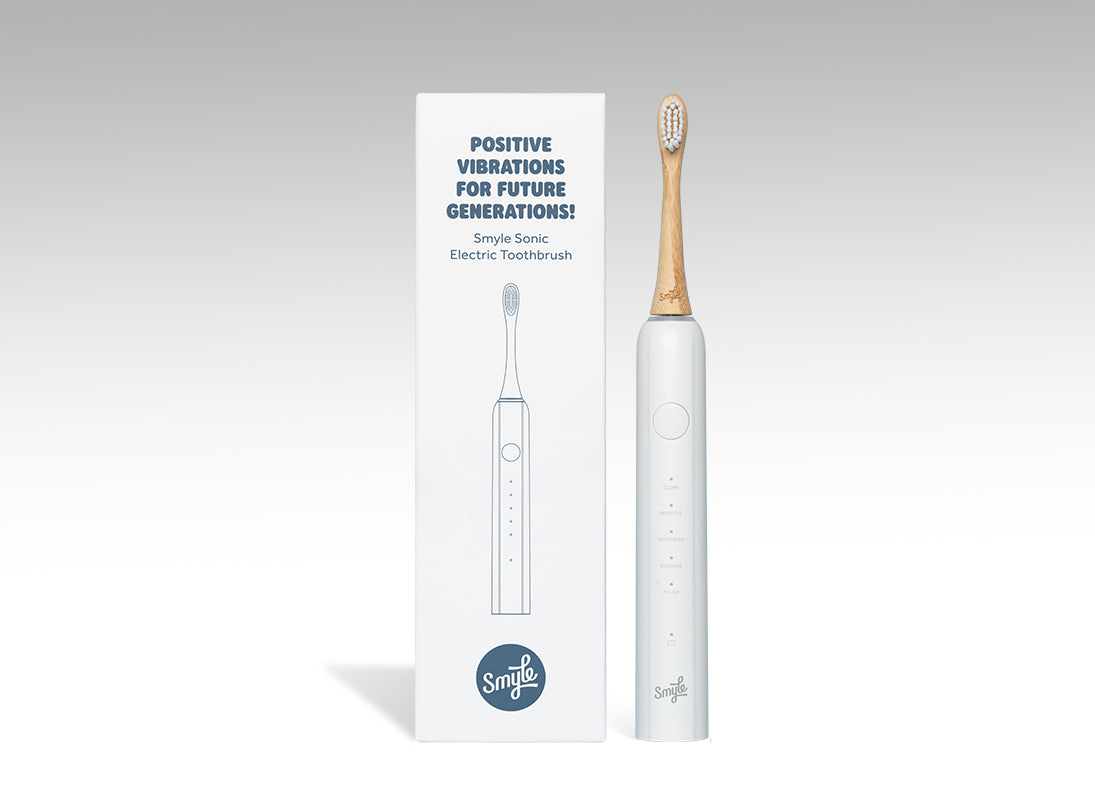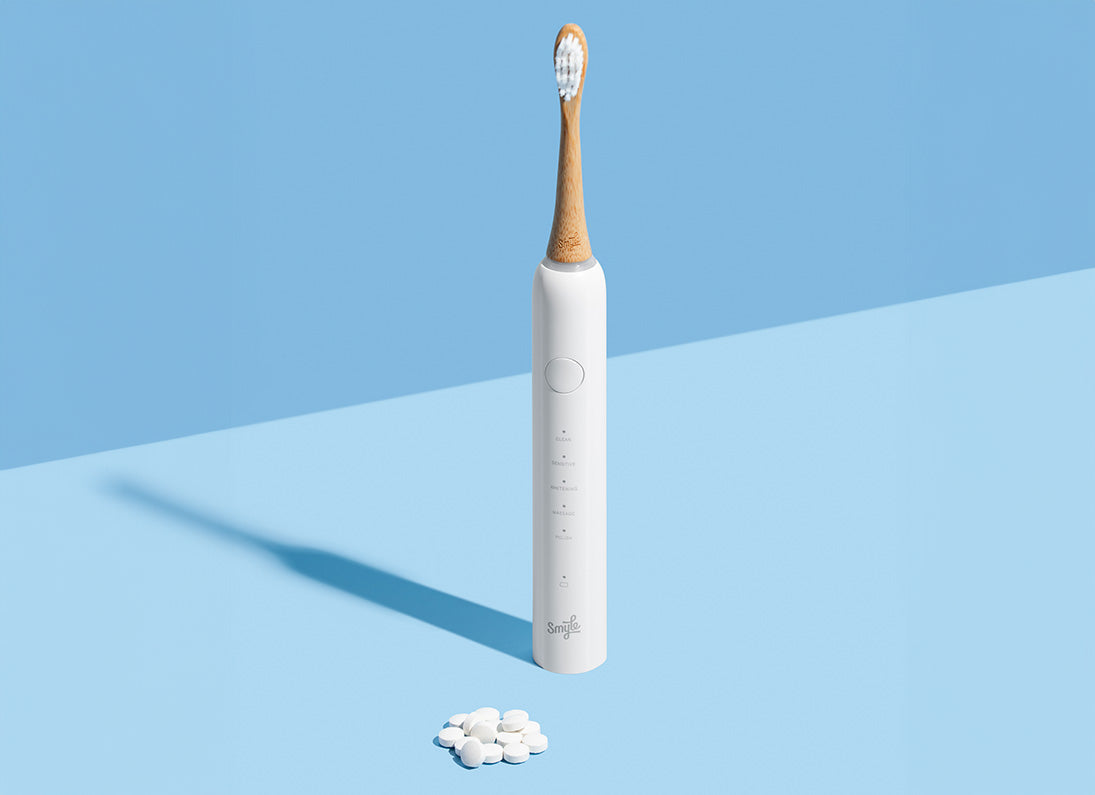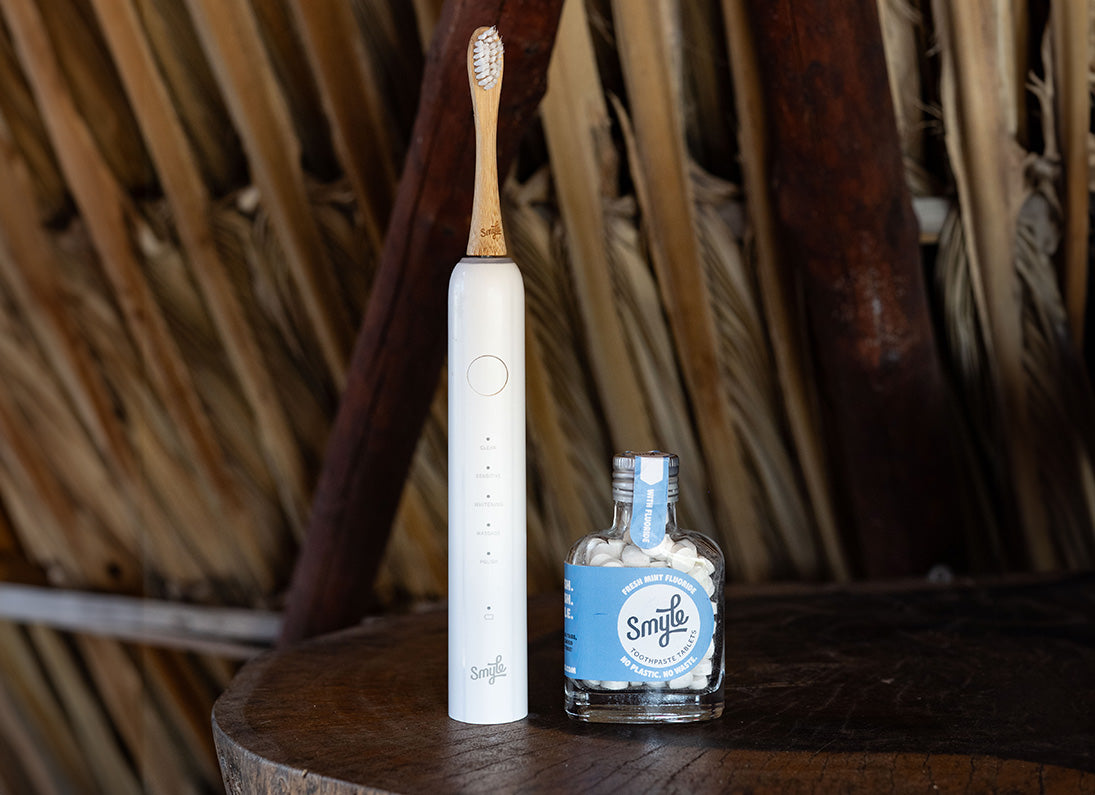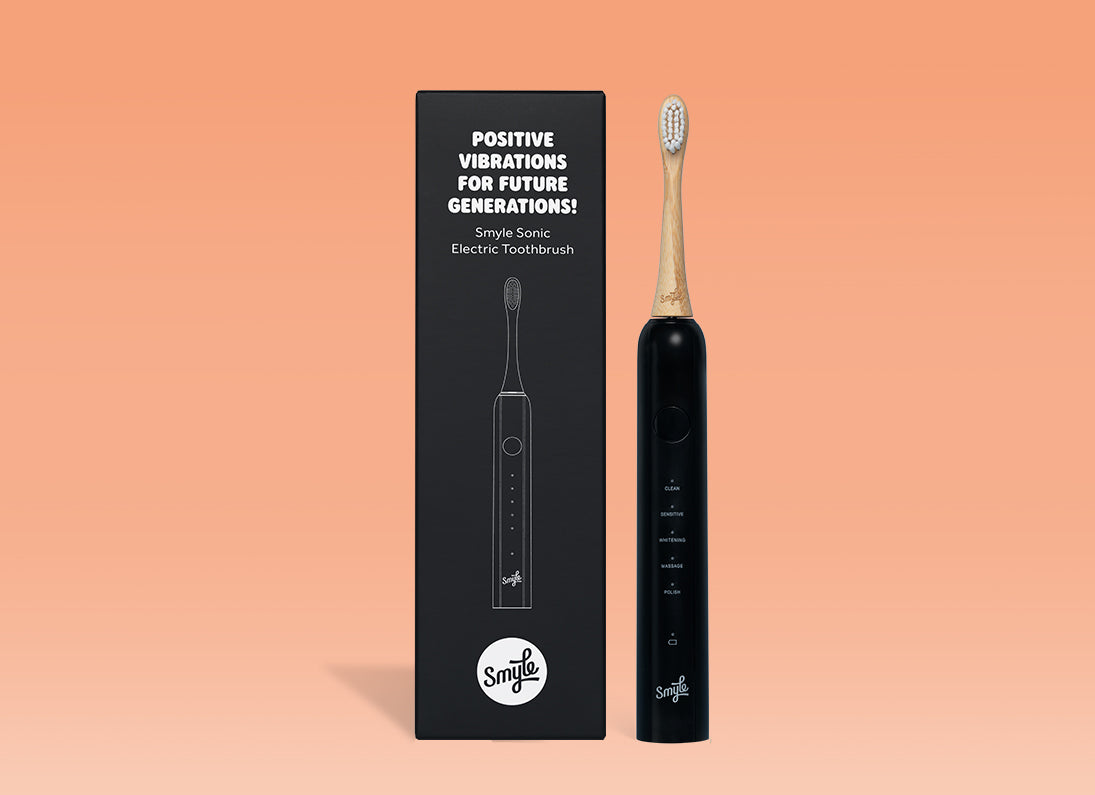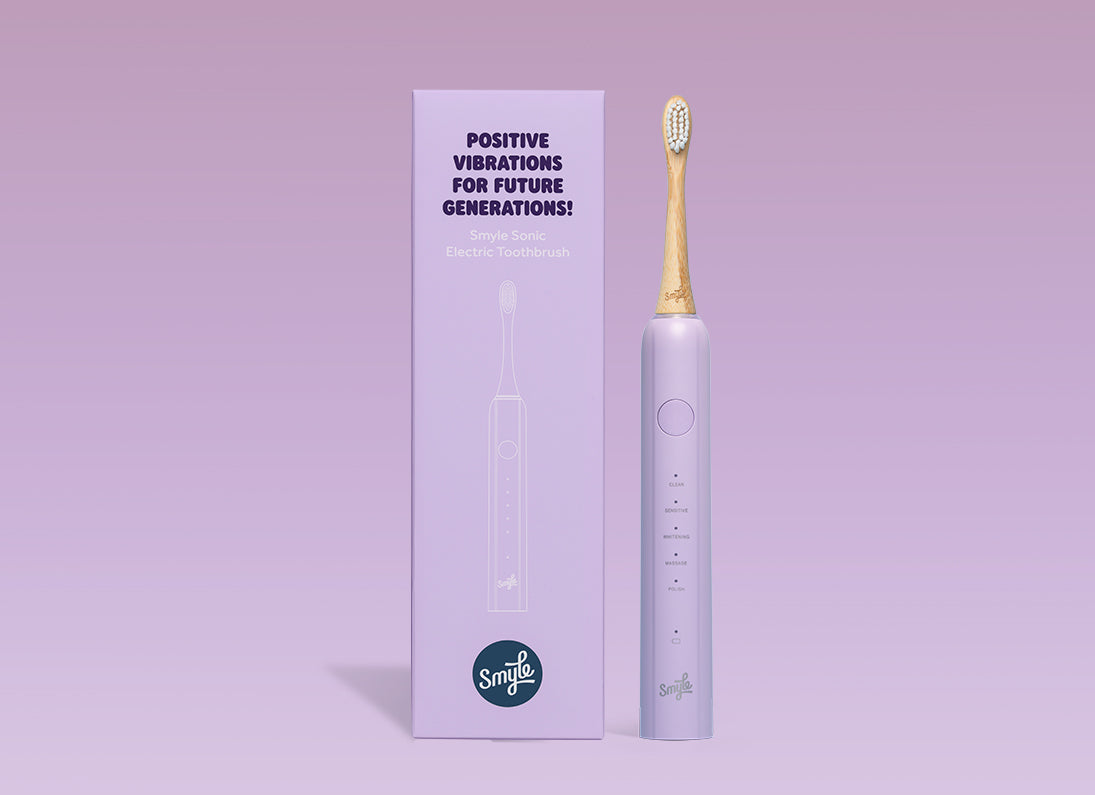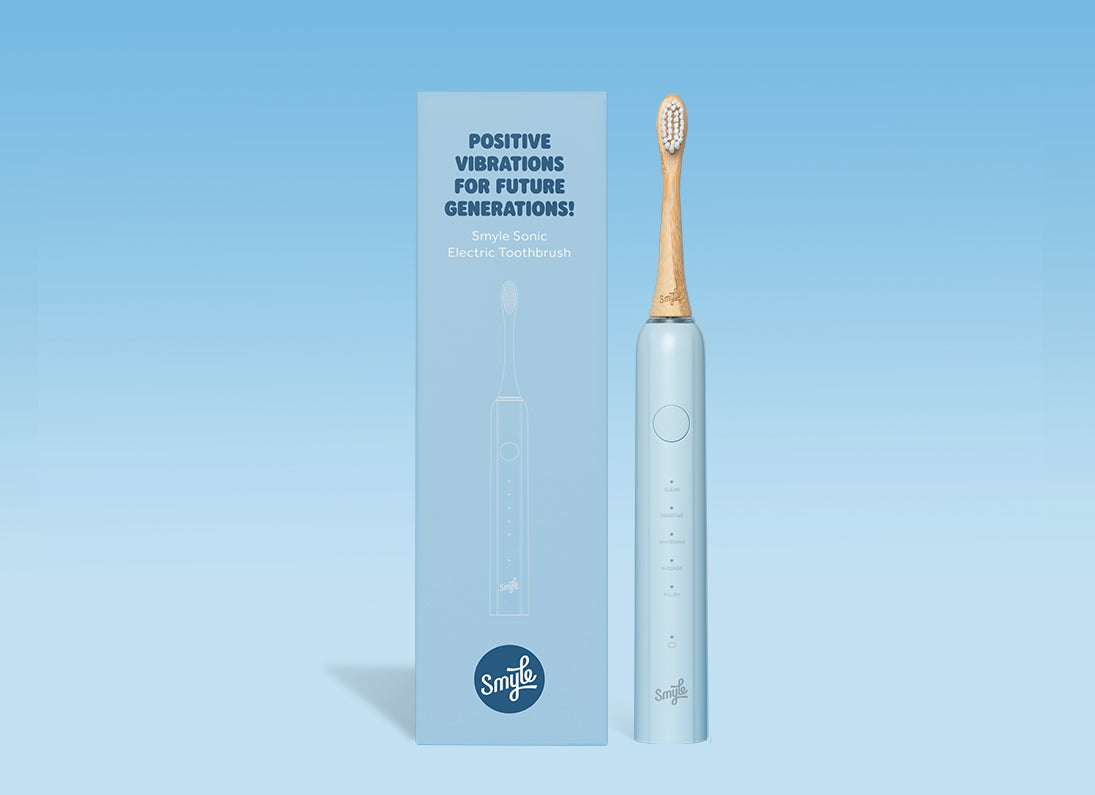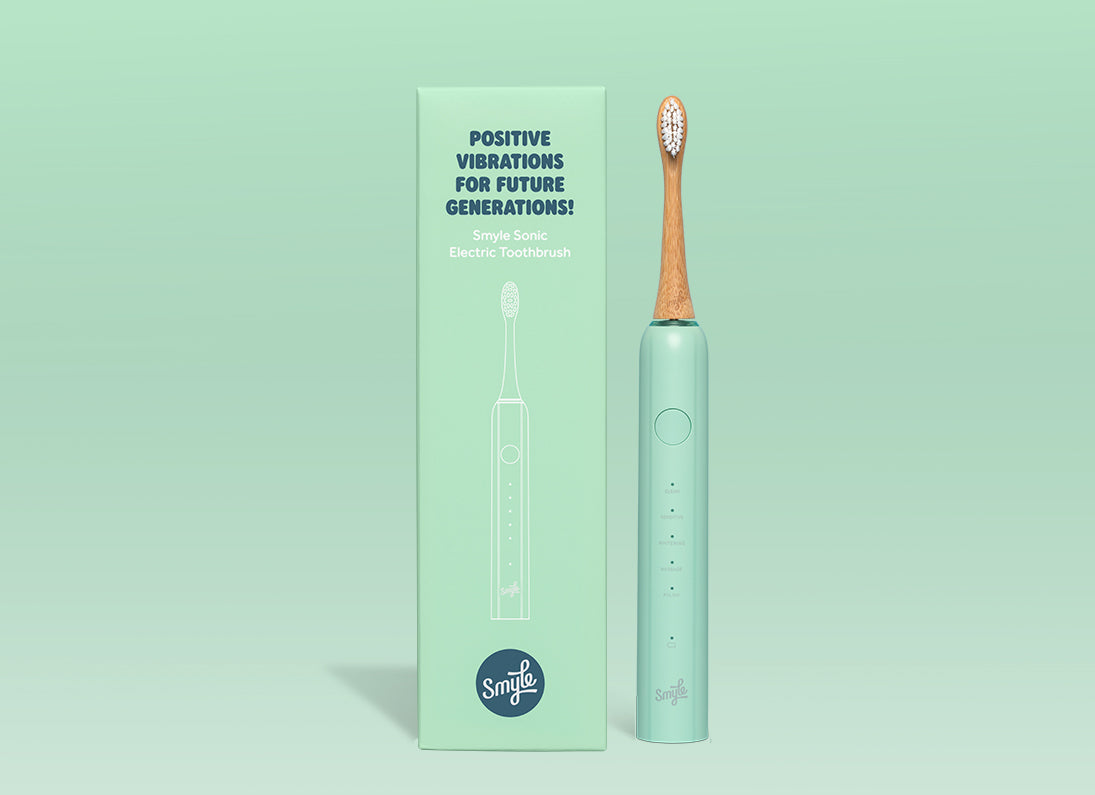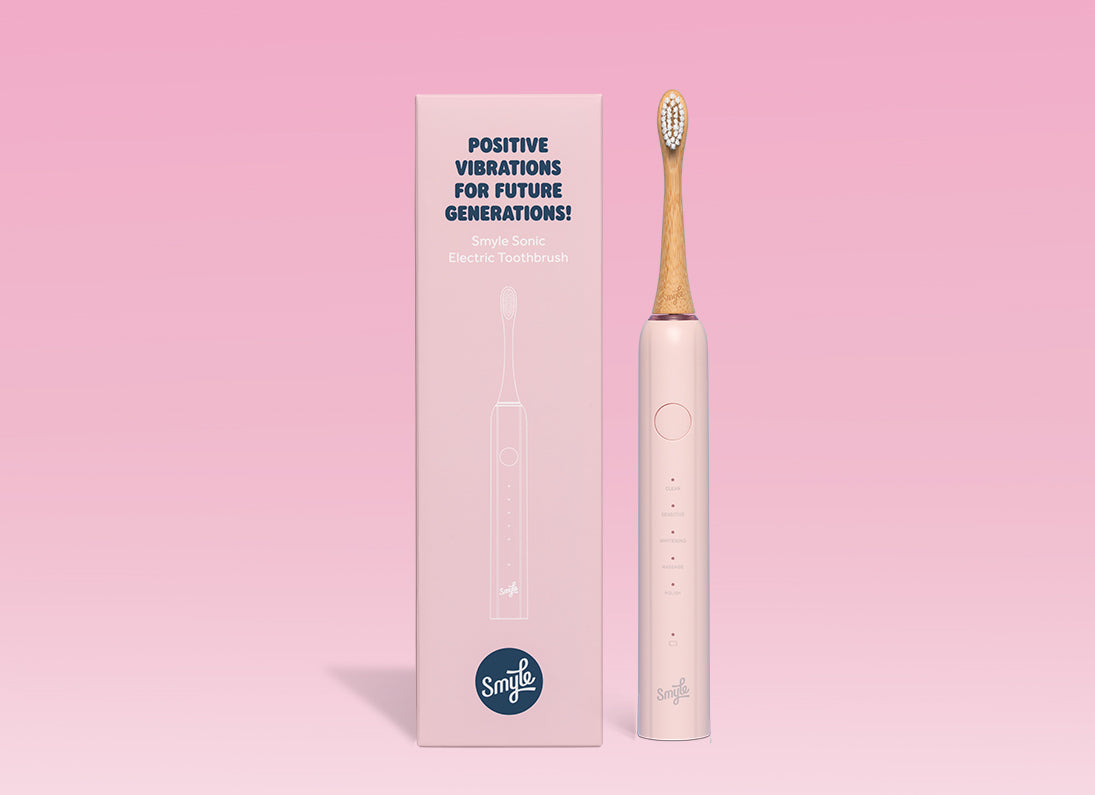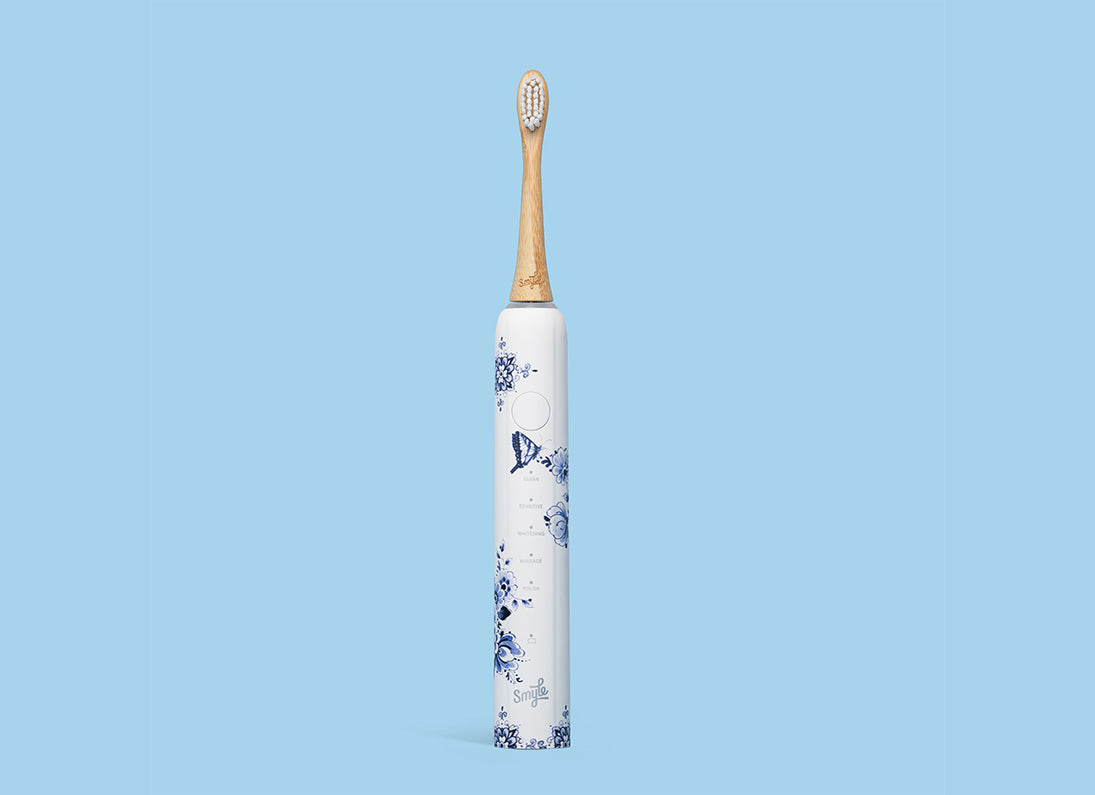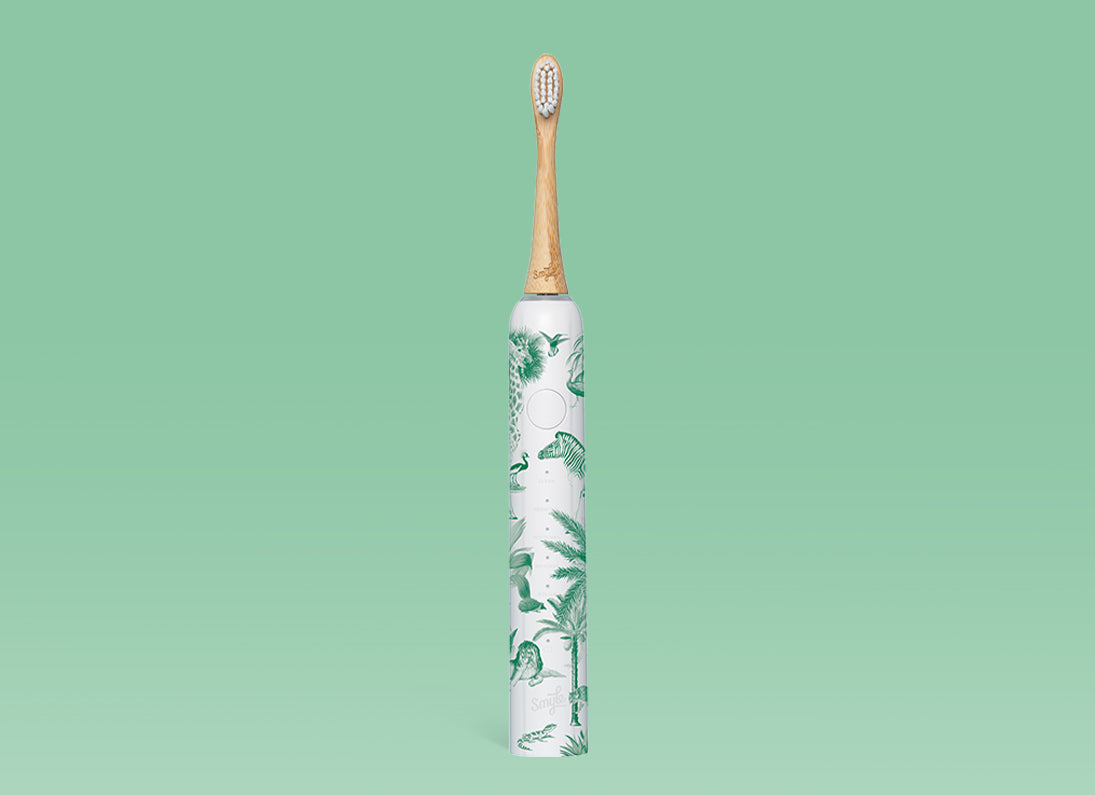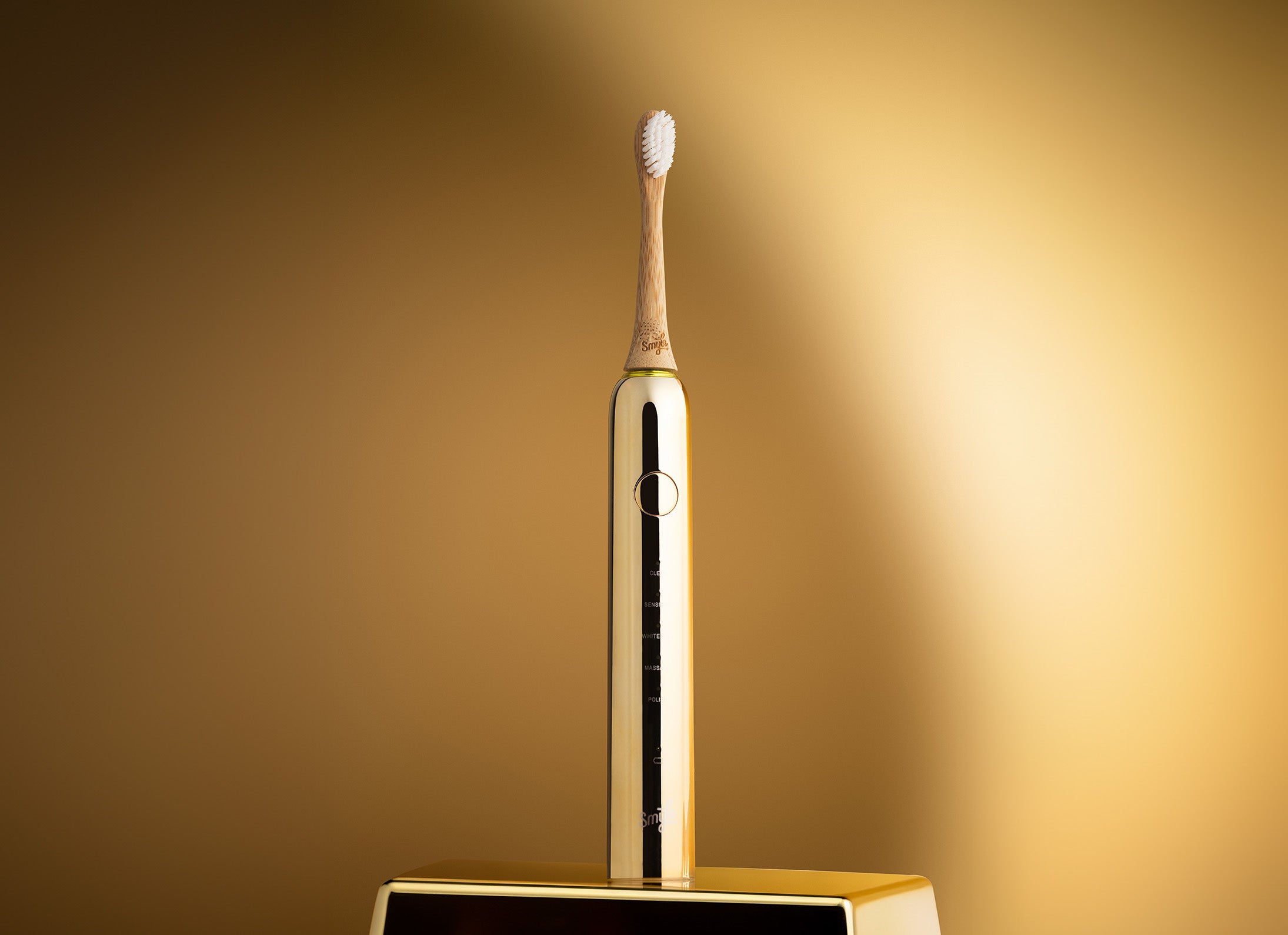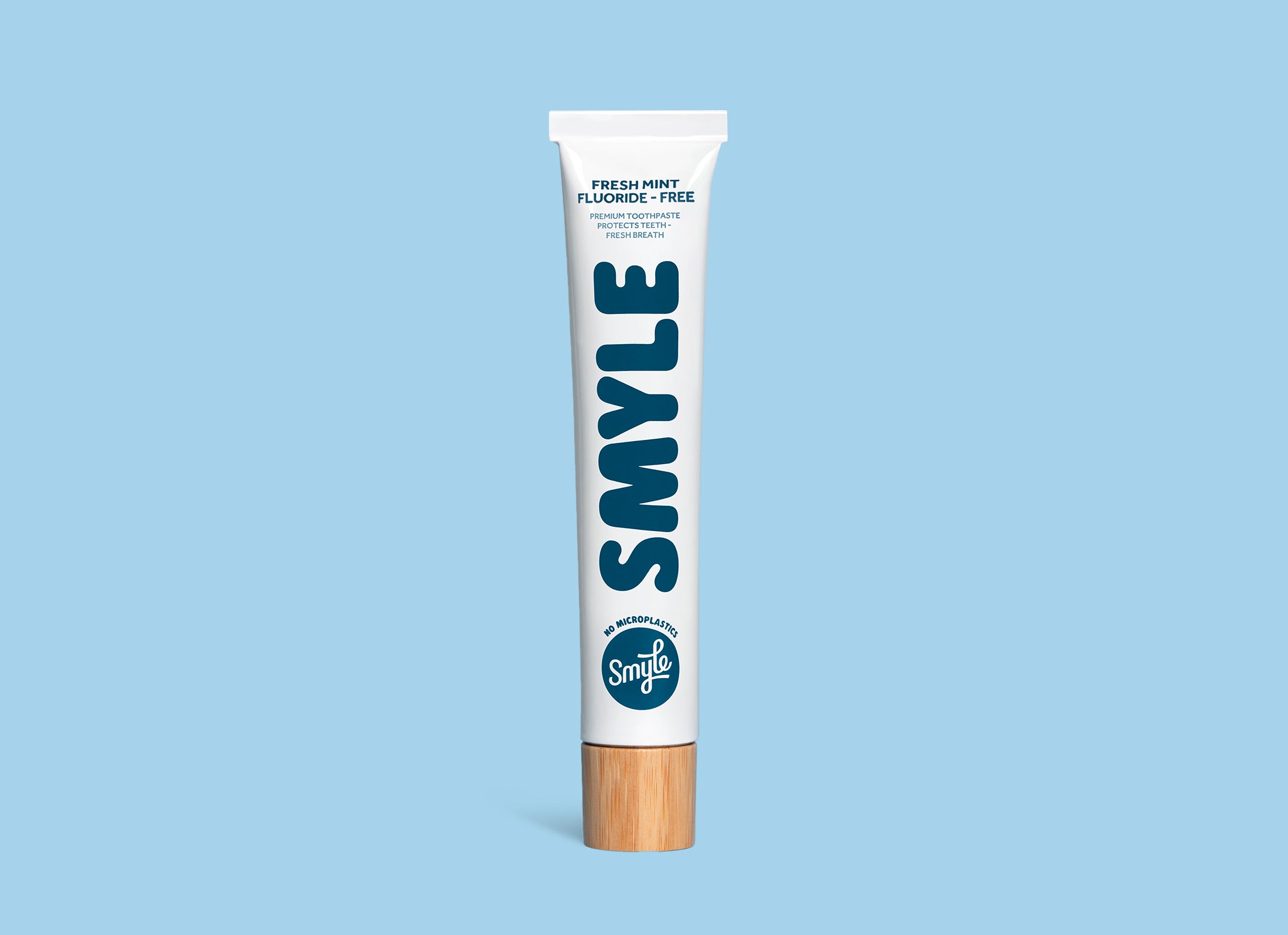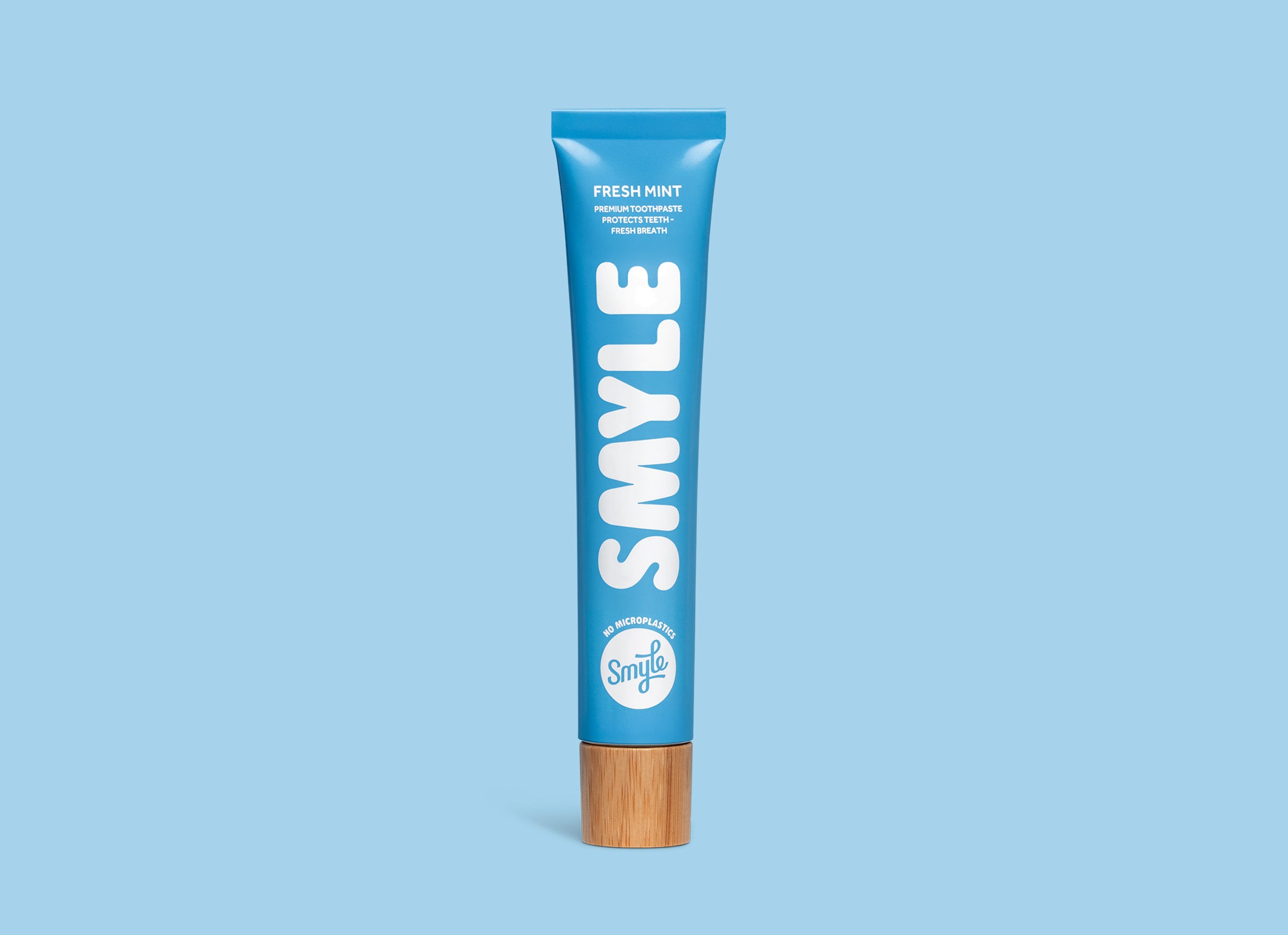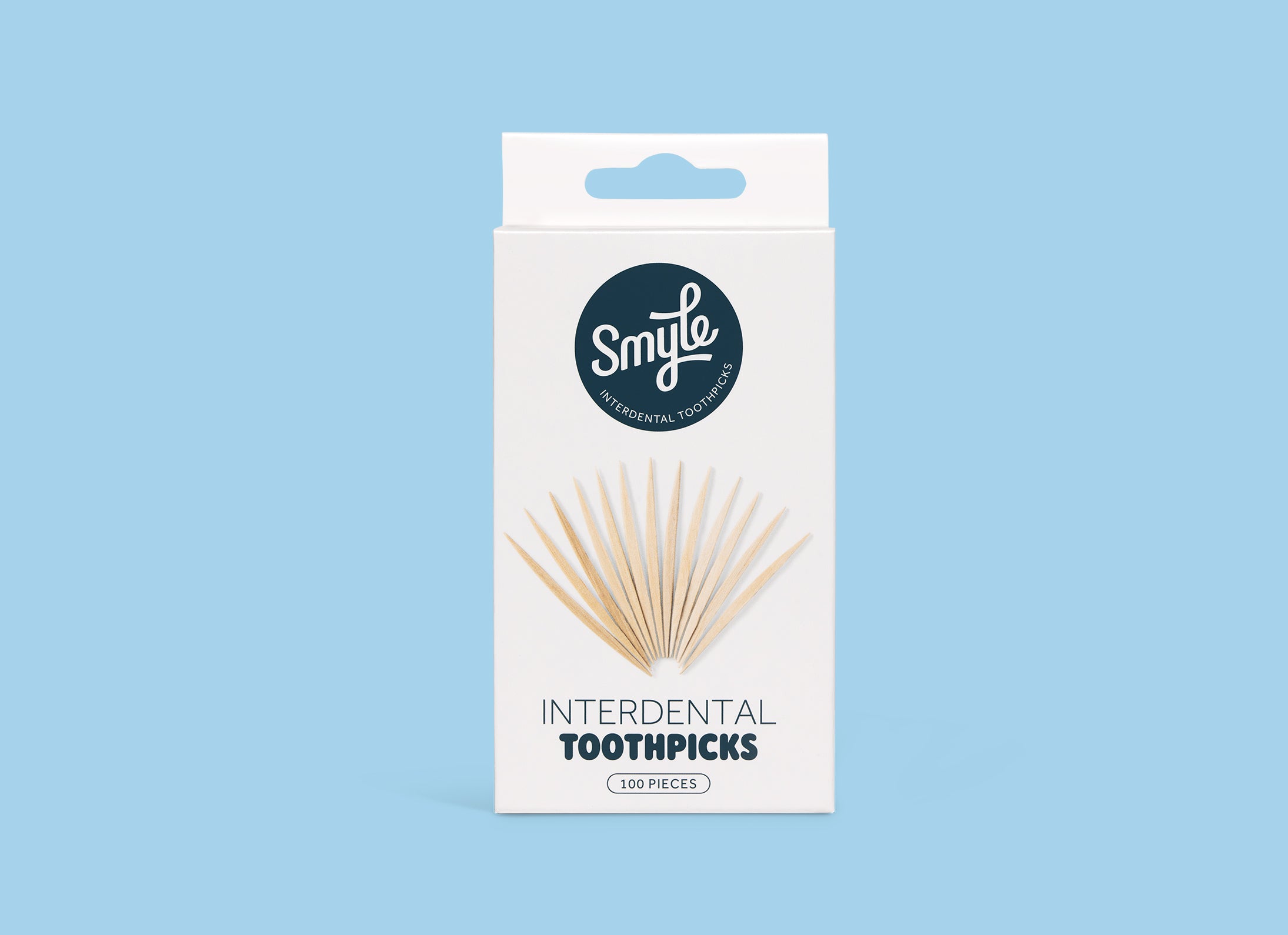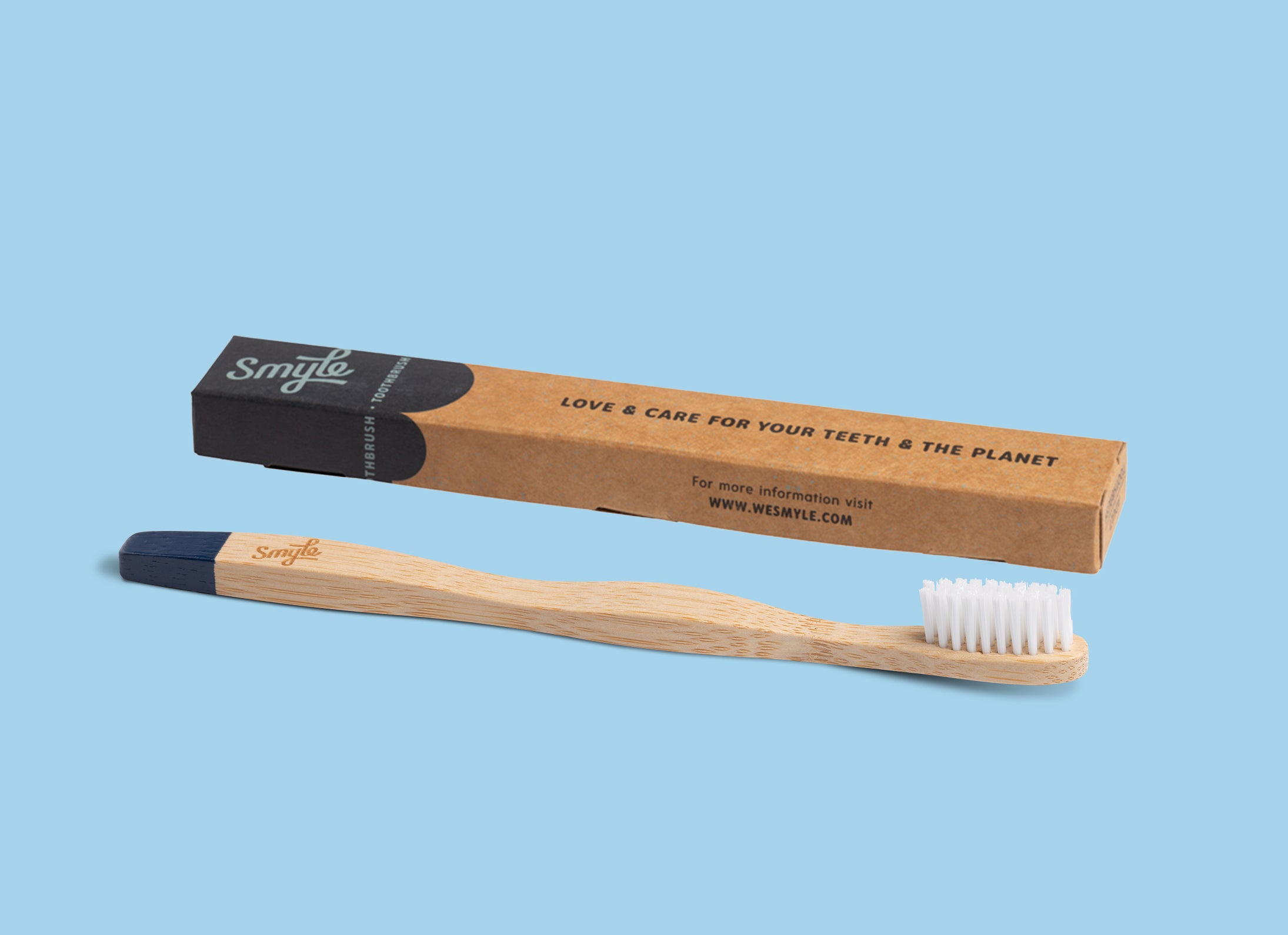
Dental anxiety is a common problem that many people experience. For some, it goes beyond simple nervousness and becomes a deeply rooted fear that prevents them from stepping into the dentist's office. It's important to take this fear seriously and discuss it, as it can not only affect your oral health but also have a negative impact on your overall well-being. Whether you're just dreading the visit or have a genuine fear of the dentist, we're here to help with this issue!
Dental Anxiety: Where Does It Come From?
Fear of the dentist can have various causes. One of the primary reasons is trauma from past negative experiences. People who have had bad dental visits in the past often develop a deep-rooted fear of the dentist that is hard to overcome. Additionally, the fear of pain or discomfort plays a significant role in dental anxiety. The idea of needles, the sound of the drill, and other dental procedures can cause intense fear in some individuals. Lastly, the lack of control or fear of the unknown about dental treatments can lead to feelings of helplessness and increased anxiety levels. Not knowing exactly what will happen and having no control over the situation can heighten dental fear.
The Consequences of Dental Anxiety
Dental anxiety can have a significant impact on both our oral health and overall well-being. Fear of the dentist can lead to postponing necessary dental care, which means issues like cavities, gum disease, and other conditions may go untreated. This delay can, in turn, worsen oral health, increasing the risk of pain, infections, and even tooth loss. Additionally, this fear also has a psychological impact, leading to stress, anxiety, and even panic attacks as a dental appointment approaches. This is why it’s essential to address the problem.
Dental Anxiety: How to Cope with It?
Overcoming dental anxiety can be challenging and naturally takes time. Fortunately, there are several steps that can help you manage it:
- Acknowledge the Fear and Make It Discussable
It's important to be aware of your fear and not ignore it. Talk openly about it with friends, family, or even a professional. As long as you do this with someone you trust, sharing your feelings can help you understand your anxiety better and take control over it.
- Find a Dentist Who Understands Anxiety
Not all dentists are the same when it comes to handling patients with anxiety. Look for a dentist who has experience with anxious patients and offers a calming environment. Having a compassionate and patient dentist can make a huge difference in your experience.
- Use Relaxation Techniques
Try applying relaxation techniques before or during your dental visit. This could include deep breathing exercises, meditation, or listening to calming music. The goal is to calm yourself and keep your nerves in check.
- Discuss Your Fear with Your Dentist
Take the time to talk to your dentist about your concerns and fears. Let them know about your dental anxiety, your specific triggers, and any previous negative experiences. Good communication with your dentist allows them to be mindful of your needs and anxieties, and they can reassure you throughout the treatment.
By applying these tips, you'll be much further along in managing your fear!
Dental Anxiety: Professional Help
Professional help for dental anxiety can take several forms and is essential for individuals struggling with this specific fear. In addition to the tips above, there are various options available to overcome anxiety and make a positive dental experience possible. Some of these professional assistance methods include:
Dental Sedation
For patients with severe anxiety, dental sedation can be an effective solution. This involves administering medication to help the patient relax and reduce anxiety during treatment.
Psychological Support
Fear of the dentist can have deep-rooted emotional and psychological causes. Seeking professional psychological support, such as cognitive behavioral therapy, can help understand and manage the anxiety, making it easier to cope with dental visits.
Alternative Treatments
Some people benefit from alternative treatments, such as hypnosis, to reduce dental anxiety. Through suggestions and relaxation techniques, hypnosis can help create a calm and relaxed state of mind during dental procedures.
By utilizing dental sedation options, psychological support and therapy, and alternative treatments like hypnosis, individuals with dental anxiety can receive the professional help they need to overcome their fear and regain confidence in dental care.
Tips for a Positive Experience at the Dentist
One of the most important ways to cope with dental anxiety is by maintaining regular dental checkups and preventive care. By visiting the dentist on a routine basis (and brushing with Smyle), you can ensure that problems are detected and treated early, preventing serious issues and discomfort. Additionally, regularly seeing your dentist helps build trust and reduces "dentist anxiety."
In addition to regular checkups, it's also essential to create a comfortable environment during dental visits. Discuss your anxiety with the dentist and staff so they understand what you need to feel at ease. This might include adjusting the room temperature, playing relaxing music, or using aromatherapy to create a calming atmosphere.
During treatment, distraction techniques can also help reduce anxiety. Ask the dentist or staff to engage in conversation during the procedure, diverting your attention from potential discomfort or fear. Some dental practices even offer the option to listen to music or watch a movie to help distract and soothe your "dentist anxiety."
Finally, it's important to reward yourself and practice self-care after dental appointments. After a successful visit where you've managed your anxiety, treat yourself to a reward. This could be something small, like a cup of coffee at your favorite café, or something bigger, like a relaxing massage. Or binge-watch your favorite series on Netflix! By rewarding yourself, you associate positive feelings with dentist visits and motivate yourself to overcome the anxiety and maintain good oral health.
Step by Step: Overcome Dentist Anxiety!
Overcoming dental anxiety is possible, even though it may seem like a daunting challenge at first. By facing this fear head-on and taking action, you can gradually overcome your anxiety. It is crucial to prioritize oral health and not avoid regular dental checkups. By taking this step, not only will your fear be addressed, but it will also pave the way for better long-term oral health. So, be brave and don’t let dentist anxiety hold you back. Take control and work with a dentist who is understanding and experienced in dealing with anxiety. Together, you can maintain a radiant smile and a healthy mouth.



